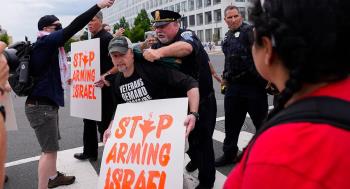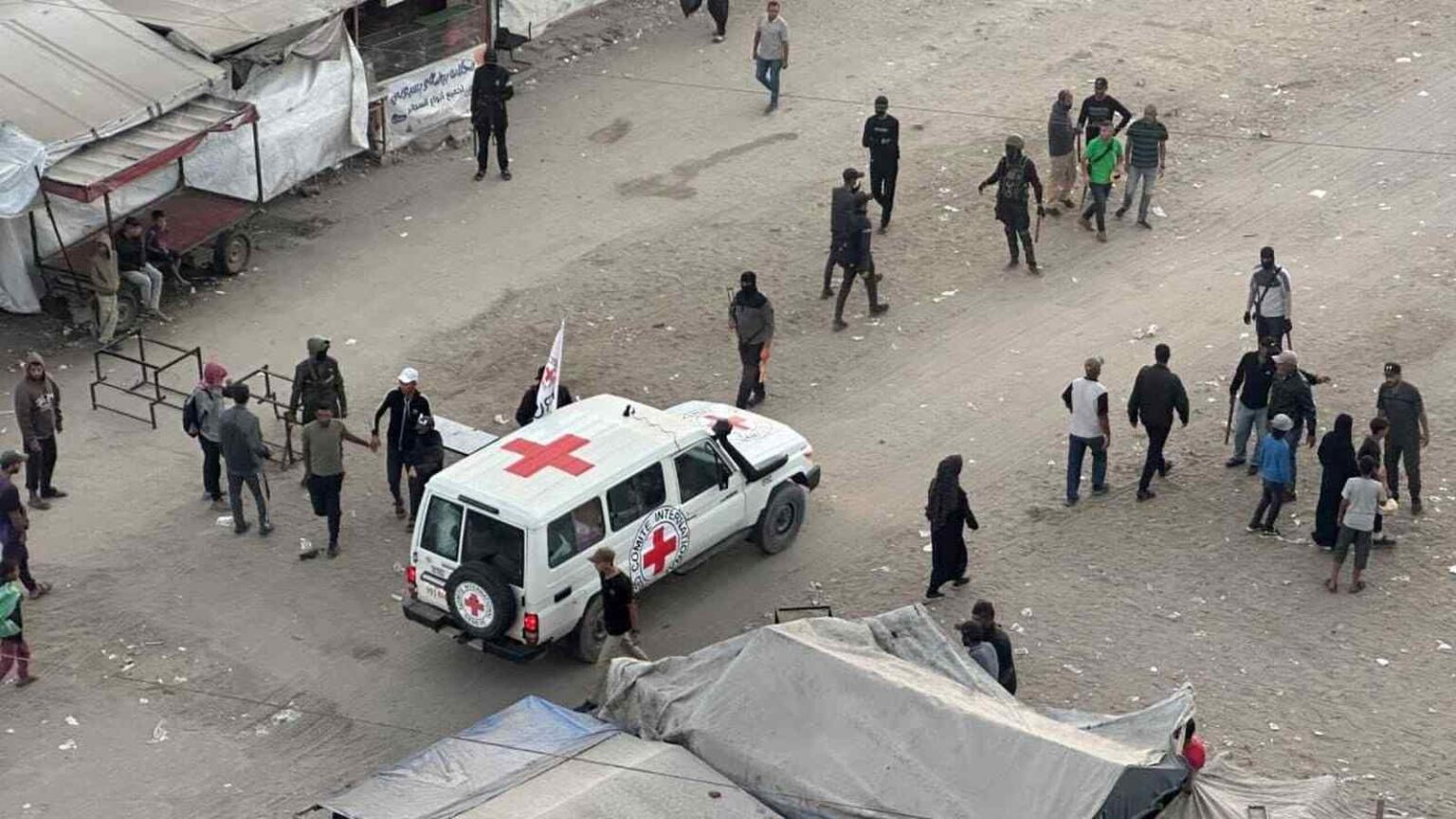Alwaght- Less than a week after announcement of the Gaza ceasefire by the US President Donald Trump, a wave of confusion has swept Israeli regime.
Trump's early Gaza ceasefire announcement, issued before Israel's official declaration, exposed the intense US pressure on the Israeli Prime Minister Benjamin Netanyahu, who is currently under an international arrest warrant from the International Criminal Court for war crimes in Gaza.
The war concluded without Tel Aviv achieving its stated objectives which included the obliteration of Hamas and the release of all Israeli prisoners. Notably, some of these prisoners have died due to Israel's own bombardment and siege. This failure has sown deep frustration within Israeli political and military circles. Actually, Israel has fought its longest and most brutal war in Gaza, only to emerge politically weaker and increasingly diplomatically isolated on the world stage.
Analysts generally agree that Netanyahu failed in his strategic goal of eliminating Hamas or destroying its military and political capabilities. The Israeli military now points to limited tactical gains, such as destroying a fraction of the tunnel network and some weapons caches. However, it failed to shatter the movement's organizational structure or its popular base. According to observers, Hamas has emerged from the war politically strengthened. Having survived the siege and bombardment, it has successfully reinforced its image as a representative of the Palestinian people and their resistance. In contrast, Tel Aviv is losing the international public relations battle. Global public opinion has shifted dramatically: European criticism is mounting, and sympathy for the Palestinians has surged to unprecedented levels worldwide. Although a ceasefire is currently holding in Gaza, global pro-Palestinian protests persist. Just yesterday, a full 24 hours before the release of Israeli prisoners held by Hamas since 2023, simultaneous demonstrations swept at least 27 cities across Australia in solidarity with Palestine and the people of Gaza.
Prisoner swap
According to the Sharm El-Sheikh agreement, after handing over of 20 living prisoners, Israel started release of about 2,000 Palestinians. According to the head of Netanyahu’s office, Tel Aviv expected 20 living prisoners to be handed over to the Red Cross on Monday. On Monday, Red Cross said it was given 7 living Israeli prisoners. The second stage included 13 others.
On Monday morning, Trump arrived in Tel Aviv and and then flew to Egypt to join Sharm El-Sheikh conference.
Exhausted army, desperate people
As prisoners were exchanged, the Israeli military launched "Operation Homecoming," a signal that after two years of war, the war-weary army is seeking to extricate itself from the Gaza quagmire.
The psychological toll on Israelis was palpable during the exchanges. Army chief Eyal Zamir has confirmed the military pressure from the Gaza war, adding that the military, however, will watch the situation despite retreat from Gaza.
The psychological toll on Israelis was palpable during the exchanges. President Isaac Herzog, visiting hospitals preparing to receive the returning captives, pledged that authorities were ready to address not only their physical wounds but also the profound psychological scars of the war.
However, the situation remains fluid. A somber mood has taken hold with the impending return of the remains of deceased captives, expected over the next two days. Hamas has stated it lacks information on the whereabouts of some remains, a disclosure likely to delay the handover to grieving Israeli families.
This atmosphere of grief and shock stands in stark contrast to the scene in Gaza. Despite having lost their homes and livelihoods, many Palestinians are celebrating the ceasefire, which, as part of the agreement, will trigger a surge of urgent humanitarian aid into the strip.
Unstable ceasefire
The Gaza ceasefire is unstable. The current focus is on the swap of prisoners from both sides. However, the bigger challenge is looking into the roots of the conflict and the security guarantees for Israel, which still do not exist since Hamas resistance movement still holds its armed control over Gaza after two years of war.
In other words, it seems that if the Palestinian cause is not settled generically and the Palestinians are not given their free will to form an independent state, the Israelis will still have difficult days confronting the Palestinian resistance forces and the nightmare will not end for the Israelis even after the ceasefire.



























